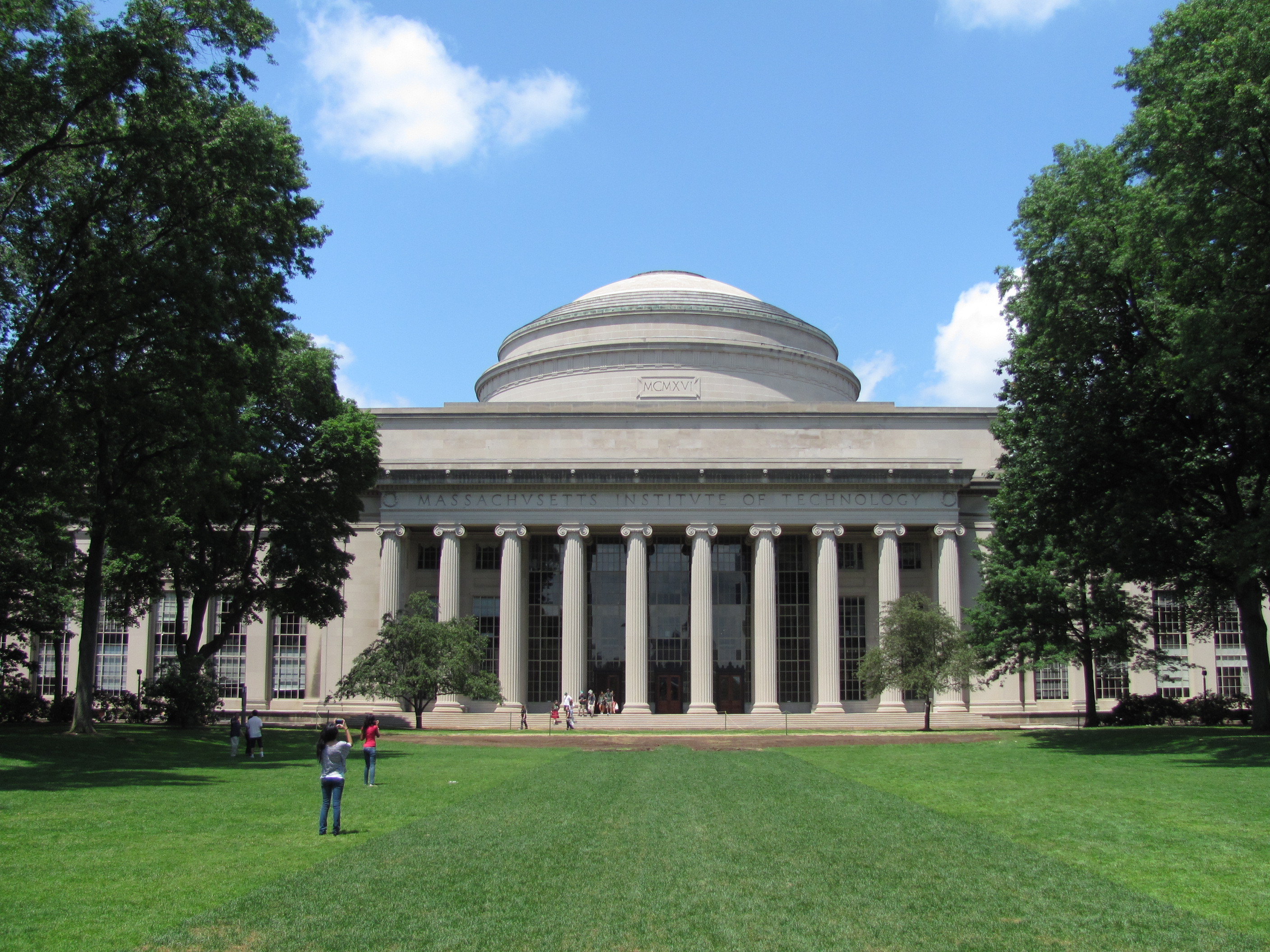|
Teleogenesis
In the theory of cybernetics, teleogenesis (from the Greek ''teleos'' = 'purpose' and ''genesis'' = 'creation') is the creation of goal-creating processes. According to Peter Corning: "A cybernetic system is by definition a dynamic purposive system; it is 'designed' to pursue or maintain one or more goals or end-states". Teleogenesis refers from an extension of classical cybernetics, as proposed by Norbert Wiener, Ashby and others in late 1950s. See also *Homeostasis *Homeorhesis Homeorhesis, derived from the Greek for "similar flow", is a concept encompassing dynamical systems which return to a trajectory, as opposed to systems which return to a particular state, which is termed homeostasis. Biology Homeorhesis is steady ... References *Corning, Peter A.Thermoeconomics: Beyond the second law from: www.complexsystems.org Cybernetics {{Soft-eng-stub ... [...More Info...] [...Related Items...] OR: [Wikipedia] [Google] [Baidu] |
Peter Corning
Peter Andrew Corning (born 1935) is an American biologist, consultant, and complex systems scientist, Director of the Institute for the Study of Complex Systems, in Seattle, Washington. He is known especially for his work on the causal role of synergy in evolution.Institute for the Study of Complex Systems . Retrieved 6 June 2008. Biography Peter Corning was born in in 1935. He received his undergraduate BA from |
Cybernetics
Cybernetics is a wide-ranging field concerned with circular causality, such as feedback, in regulatory and purposive systems. Cybernetics is named after an example of circular causal feedback, that of steering a ship, where the helmsperson maintains a steady course in a changing environment by adjusting their steering in continual response to the effect it is observed as having. Cybernetics is concerned with circular causal processes such as steering however they are embodied,Ashby, W. R. (1956). An introduction to cybernetics. London: Chapman & Hall, p. 1. including in ecological, technological, biological, cognitive, and social systems, and in the context of practical activities such as designing, learning, managing, conversation, and the practice of cybernetics itself. Cybernetics' transdisciplinary and "antidisciplinary" character has meant that it intersects with a number of other fields, leading to it having both wide influence and diverse interpretations. Cybernetics ... [...More Info...] [...Related Items...] OR: [Wikipedia] [Google] [Baidu] |
Greek Language
Greek ( el, label=Modern Greek, Ελληνικά, Elliniká, ; grc, Ἑλληνική, Hellēnikḗ) is an independent branch of the Indo-European family of languages, native to Greece, Cyprus, southern Italy (Calabria and Salento), southern Albania, and other regions of the Balkans, the Black Sea coast, Asia Minor, and the Eastern Mediterranean. It has the longest documented history of any Indo-European language, spanning at least 3,400 years of written records. Its writing system is the Greek alphabet, which has been used for approximately 2,800 years; previously, Greek was recorded in writing systems such as Linear B and the Cypriot syllabary. The alphabet arose from the Phoenician script and was in turn the basis of the Latin, Cyrillic, Armenian, Coptic, Gothic, and many other writing systems. The Greek language holds a very important place in the history of the Western world. Beginning with the epics of Homer, ancient Greek literature includes many works of lasting impo ... [...More Info...] [...Related Items...] OR: [Wikipedia] [Google] [Baidu] |
Norbert Wiener
Norbert Wiener (November 26, 1894 – March 18, 1964) was an American mathematician and philosopher. He was a professor of mathematics at the Massachusetts Institute of Technology (MIT). A child prodigy, Wiener later became an early researcher in stochastic and mathematical noise processes, contributing work relevant to electronic engineering, electronic communication, and control systems. Wiener is considered the originator of cybernetics, the science of communication as it relates to living things and machines, with implications for engineering, systems control, computer science, biology, neuroscience, philosophy, and the organization of society. Norbert Wiener is credited as being one of the first to theorize that all intelligent behavior was the result of feedback mechanisms, that could possibly be simulated by machines and was an important early step towards the development of modern artificial intelligence. Biography Youth Wiener was born in Columbia, Missouri, the first ... [...More Info...] [...Related Items...] OR: [Wikipedia] [Google] [Baidu] |
Homeostasis
In biology, homeostasis (British English, British also homoeostasis) Help:IPA/English, (/hɒmɪə(ʊ)ˈsteɪsɪs/) is the state of steady internal, physics, physical, and chemistry, chemical conditions maintained by organism, living systems. This is the condition of optimal functioning for the organism and includes many variables, such as body temperature and fluid balance, being kept within certain pre-set limits (homeostatic range). Other variables include the pH of extracellular fluid, the concentrations of sodium, potassium and calcium ions, as well as that of the blood sugar level, and these need to be regulated despite changes in the environment, diet, or level of activity. Each of these variables is controlled by one or more regulators or homeostatic mechanisms, which together maintain life. Homeostasis is brought about by a natural resistance to change when already in the optimal conditions, and equilibrium is maintained by many regulatory mechanisms: it is thought to be ... [...More Info...] [...Related Items...] OR: [Wikipedia] [Google] [Baidu] |
Homeorhesis
Homeorhesis, derived from the Greek for "similar flow", is a concept encompassing dynamical systems which return to a trajectory, as opposed to systems which return to a particular state, which is termed homeostasis. Biology Homeorhesis is steady flow. Often biological systems are inaccurately described as homeostatic, being in a steady state. Steady state implies equilibrium which is never reached, nor are organisms and ecosystems in a closed environment. During his tenure at the State University of New York at Oneonta, Dr William Butts correctly applied the term homeorhesis to biological organisms. The term was first used in biology by C.H. Waddington around 1940, where he described the tendency of developing or changing organisms to continue development or adapting to their environment and changing towards a given state. Gaia hypothesis In ecology the concept is important as an element of the Gaia hypothesis, where the system under consideration is the ecological balance of di ... [...More Info...] [...Related Items...] OR: [Wikipedia] [Google] [Baidu] |



